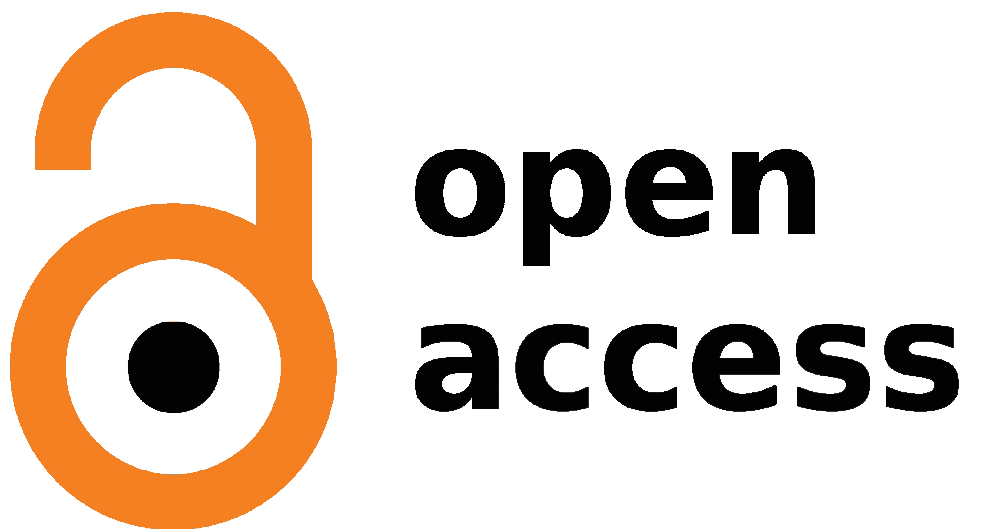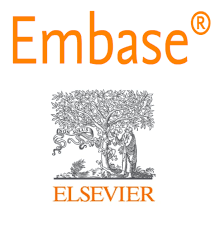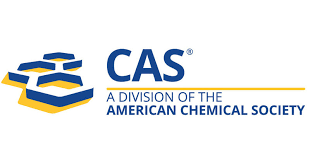A Study to Assess the Knowledge and Attitude of Clinical trials Among Medical students at a tertiary care institute- A cross-sectional study
Keywords:
Clinical trial, KAP, undergraduate research.Abstract
Background: Clinical trials are fundamentals to advancing medical sciences, providing evidence for the safety, efficacy, and effectiveness of therapeutic interventions and forms the foundation of evidence-based practice. Medical students, as future healthcare professional, need strong understanding of clinical trial. However, gaps in knowledge and awareness regarding clinical trial still exists, which hinder the student’s ability to engage in research effectively. Thus, this study was aimed to assess the knowledge and attitudes toward clinical trials among second year MBBS students in a tertiary care hospital.
Methodology: This cross-sectional study was conducted among second year MBBS students from February to April 2024 at tertiary care teaching hospital in Chengalpattu district. A total of 140 students were participated in this study. Data were collected using a pretested, semi-structured questionnaire pertain to knowledge and attitudes toward clinical trials. Data analysis was performed using SPSS Version 22, and results were presented as frequencies and percentages.
Results: Among the 140 participants, 60.7% of the participants are female with the mean age 20.6 ± 0.95 years. 52.9% correctly identified mandatory documentation for enrolling subjects in clinical trials, and 64.3% correctly identified the purpose of Phase I trials. However, 87.1% were unaware of the pre-clinical phase duration. Overall, 30% of participants had adequate knowledge, and 13.6% had inadequate knowledge. Attitudes were largely positive: 82.1% agreed that clinical trials help assess the risk-benefit ratio of drugs, and 95.7% believed participation in clinical trials enhances drug safety understanding. However, 25.7% perceived clinical trials as resource-intensive, and 33.6% felt they added to academic burdens.
Conclusion: While students demonstrated positive attitudes toward clinical trials, notable knowledge gaps were observed, particularly regarding pre-clinical phases and regulatory aspects. This highlights a critical need for targeted educational interventions within the medical curriculum, especially focusing on early introduction to clinical trial concepts, regulatory requirements, and practical applications.
.png)









